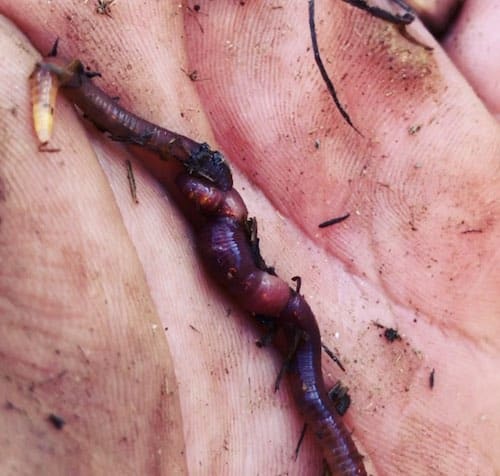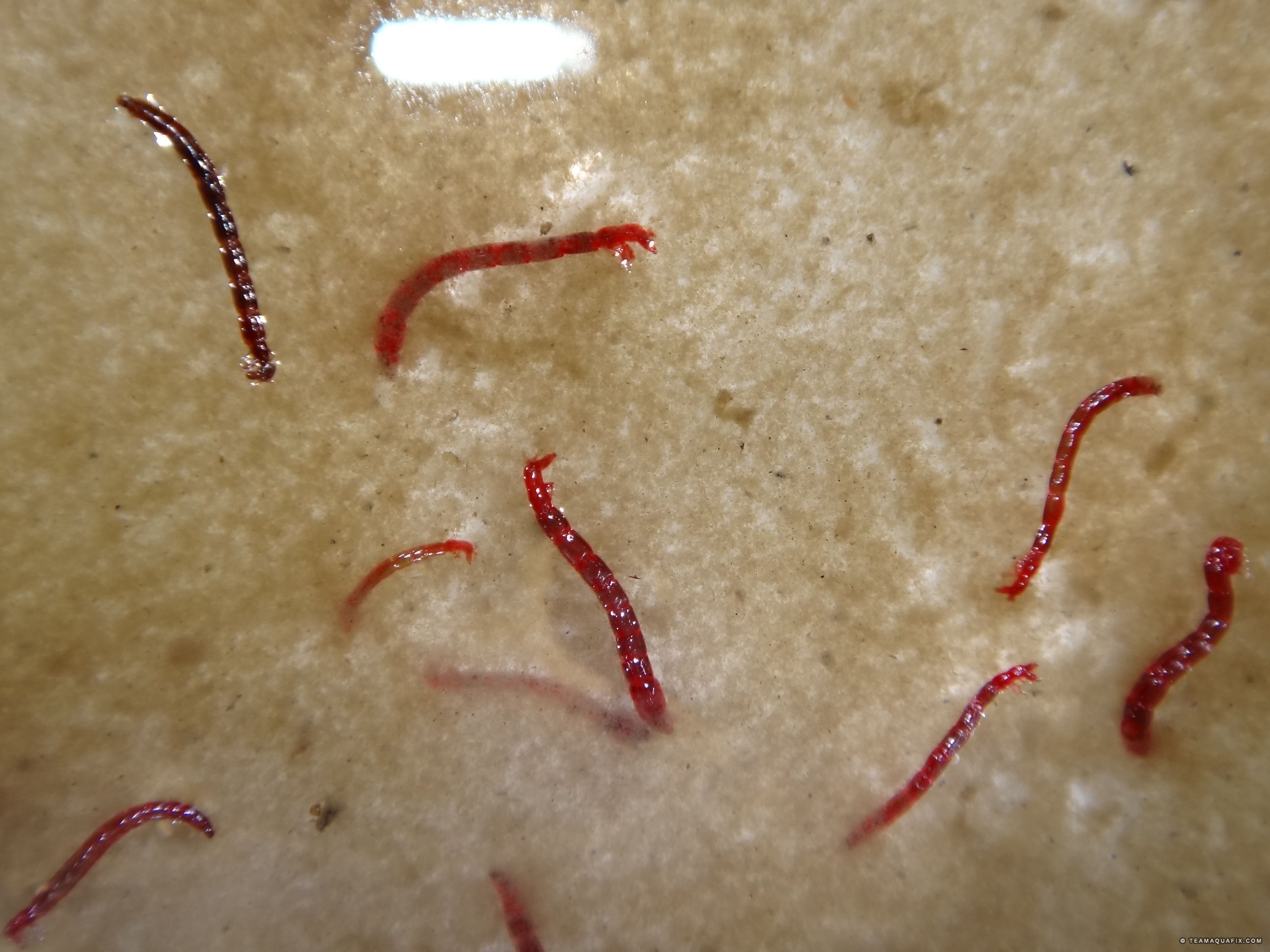Composting red wigglers: Expert advice for beginners
Composting red wigglers: Expert advice for beginners
Blog Article
Why Red Wigglers Are Necessary for Natural Farming
Red wigglers play a pivotal duty in organic farming, mostly through their special capacity to disintegrate organic materials and boost dirt health. The extent of their influence on agricultural techniques and soil biology elevates interesting inquiries about the future of natural farming.
Role of Red Wigglers in Soil Health And Wellness

In addition, red wigglers boost dirt structure by developing networks as they burrow. These channels enhance aeration and water infiltration, promoting a healthier root environment. Their activity also aids in preserving ideal wetness levels, which is vital for healthy and balanced plant development.

Benefits of Worm Castings
Worm spreadings, the nutrient-rich waste matter created by red wigglers, work as a powerful amendment for chemical-free farming. These castings are teeming with vital nutrients such as nitrogen, phosphorus, and potassium, which are essential for plant growth. Unlike synthetic plant foods, worm spreadings release nutrients slowly, giving a steady supply gradually and reducing the risk of nutrient leaching and runoff.
In addition, worm castings improve dirt framework and aeration, promoting much healthier root systems. Their high raw material content enhances dampness retention, enabling plants to better stand up to dry spell conditions. In addition, worm spreadings contain useful microorganisms that support plant health and wellness by reducing microorganisms and enhancing nutrient uptake.
The application of worm spreadings can lead to enhanced crop yields and enhanced quality of produce, making them a very useful resource for organic farmers. Their use also aligns with sustainable farming practices, contributing to dirt fertility without the negative ecological influences linked with chemical fertilizers. Generally, the incorporation of worm castings into farming techniques fosters a more resilient and productive environment, emphasizing the value red worms of red wigglers in natural farming systems.

Enhancing Nutrient Cycling
(red worms near me)Nutrient biking is an important procedure in natural farming, and the integration of red wigglers plays an essential function in boosting this cycle. These earthworms add significantly to the breakdown of raw material, promoting the makeover of intricate organic materials right into easier, more obtainable nutrients for plants. As red wigglers consume rotting raw material, they excrete nutrient-rich castings, which are including advantageous germs. This microbial task further help in the decomposition process, ensuring that important nutrients are readily offered for plant uptake.
Furthermore, red wigglers aid to accelerate the mineralization of nutrients, transforming them from inert types right into bioavailable kinds that plants can take in. This process is critical for keeping soil fertility and promoting healthy and balanced plant development. The presence of red wigglers also motivates a varied soil community, cultivating a balance of nutrients that sustains various plant species.
Improving Soil Framework
The improvement of soil structure is essential for fostering a healthy and balanced farming environment, and the task of red wigglers substantially contributes to this renovation. These earthworms play an important function in aerating the dirt and producing a network of channels that promote water infiltration and origin penetration. As they delve with the soil, red wigglers break up compacted layers, enabling far better oxygen exchange and advertising microbial activity.
In addition, the organic matter generated from their waste, recognized as vermicast, improves dirt aggregation. This process develops secure globs of dirt bits, improving soil porosity and minimizing erosion (red wigglers). The existence of red wigglers additionally encourages the development of advantageous fungal networks, which are crucial for nutrient uptake by plants
Supporting Sustainable Practices
Incorporating red wigglers into natural farming techniques not just boosts soil wellness but also promotes lasting farming methods. These earthworms play an important function in vitamins and mineral biking, changing natural waste right into useful garden compost that enhances the soil. By utilizing red wigglers, farmers can efficiently decrease dependence on synthetic plant foods, thus reducing chemical overflow and its damaging results on environments.
In addition, the consolidation of red wigglers motivates the practice of reusing natural products, such as kitchen area scraps and farm waste. This waste decrease approach not just reduces disposal expenses however likewise fosters a closed-loop system where nutrients are continually returned to the dirt (red wigglers). Such practices are important in minimizing environment change, as they improve carbon sequestration and lower greenhouse gas discharges
Furthermore, red wigglers boost water retention in the dirt, which is important in times of drought. Their burrowing tasks produce channels that permit water to permeate deeper into the ground, therefore advertising effective water usage. Ultimately, integrating red wigglers into chemical-free farming not only sustains biodiversity yet likewise aligns with the principles of lasting agriculture, using an alternative technique to food production.
Final Thought
To conclude, red wigglers play a crucial function in natural farming by dramatically improving dirt health and fertility. Their capability to decompose organic issue and produce nutrient-rich spreadings cultivates a thriving microbial area, which is essential for vitamins and mineral biking. Furthermore, the delving tasks of these worms improve dirt framework and aeration, helping with much better water seepage and root development. Hence, the combination of red wigglers right into agricultural techniques is essential for promoting sustainability and improving total soil quality.
Report this page